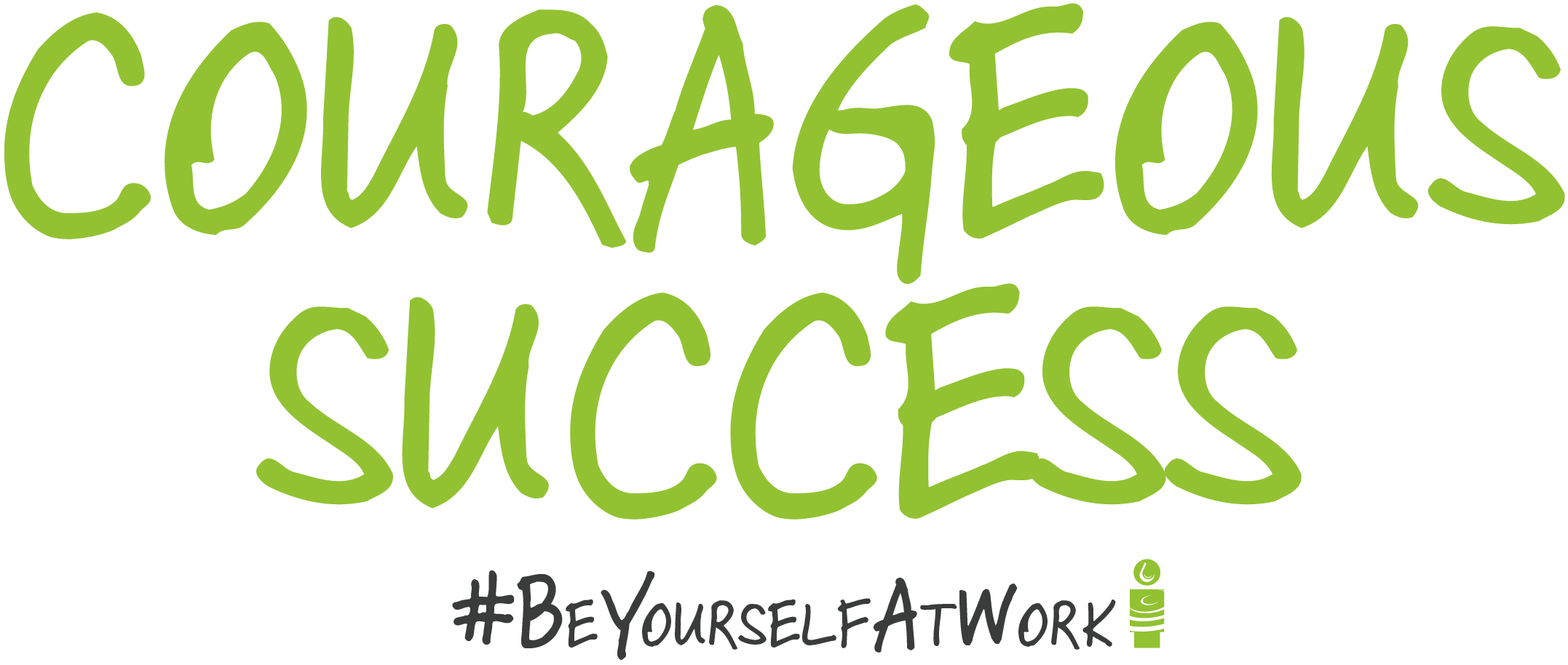“Two out of three businesses are unclear on how to deliver a positive employee experience, whilst 79% believe that creating such an experience directly correlates with improved business performance.”
According to new research from Kincentric’s 2019 Global Employee Experience Report and reported in HRGrapevine this week.
“It’s time for organisations globally to get serious about their employee experience strategy,” explained Ken Oehler, Senior Partner and Leader of Kincentric’s Global Culture and Engagement Practice. “High-performing cultures come from highly engaged employees having meaningful experiences throughout the employee lifecycle.”
Other articles and research seen this week seem to show that positive employee experience is currently lacking in business;
PR firm Weber Shandwick recently conducted a study to identify the signs of bad company culture, in which 1,000 professionals and 500 businesses were questioned. It found that the following five points were the biggest contributors: inadequate investment in people, a lack of accountability, a lack of diversity, poor leadership behaviours, and unclear ethical standards.
According to a United Minds survey, nearly eight in 10 employees who left their jobs last year stated that they were victims of unfair treatment such as stereotyping, harassment, and microaggressions.
In ‘Bosses from Hell’ (Management Today), leaders share lessons they have learnt on how not to lead from the bad behaviour of previous bosses. The examples are of micromanagement, unnecessary rules, strict hierarchy and general unpleasantness.
From the research and articles above, it seems to be clear that there is still work to be done to improve business culture globally and that some very outdated and rubbish business practise still exist. From often overheard conversations on trains, moaning about work and bosses is still a common habit too!
Think about your experience at work, how positive is it? Whose responsibility is it for creating a positive experience, your business or you?
Our view is that #beyourselfatwork is the way to create a positive workplace experience, and we all have the ability to make work human and a good experience. It’s about taking responsibility for our reactions, knowing that we can influence our work experience and being ourselves, looking beyond tasks, the rules and to do lists, to the people around us.
We’ve mentioned before the work of Vlatka Hlupic, professor of business and management at Westminster Business School, her book ‘Humane Capital’ uses real life case studies to show how ‘humane business’ is the way forward, not just a nice to have. In an interview with HRMagazine, Hlupic says “work should be enlivening, enriching, sustaining; a place where we can thrive and combine work and life together,” and she has found evidence that backs up the idea that a humane management style increases business performance.
She acknowledges that there is still a way to go to convince some, who are tied to an old fashioned perception that humane leadership does not align with profits and business success….’’generations of managers have grown up with a belief that it is always a trade-off: that being ruthless or dictatorial is the ‘real’ way to boost profits.’’
Conforming bossy hierarchy and status takes managers away from being human, normal and natural – being humane.
“Authenticity is a huge component of successful interpersonal relationships. It can be very hard to feel connected with people to whom you are inauthentic.’’ Psychologist Andrea Liner.
Our work and research shows that everyone can create a positive culture by being themselves. When, as managers, we are our real selves rather than our ‘work’ selves, we become more relatable and inspiring. Our natural human reaction is to see the good in others and recognise opportunities for people. We try to help, we care, and we naturally boost people, like we do with the people we have chosen to spend time with outside of work – it comes naturally. We are also more conscious of our reactions so that we don’t have a negative impact on others.
The benefit of this authenticity is, significantly higher job satisfaction and engagement, greater happiness at work, stronger sense of community, more inspiration and lower job stress (HBR).
After working with us, our clients rate the impact on their positivity and happiness as 88%, and feel that they have the power to change their workplace (81%).
This is about bringing the real us to work: being honest, no pretence, truly being yourself and letting others be the same. Let go of that mask you wear at work to look competent and appear how you think you ‘should’ – stop being that person you think others want to see.
#BeYourselfAtWork.
